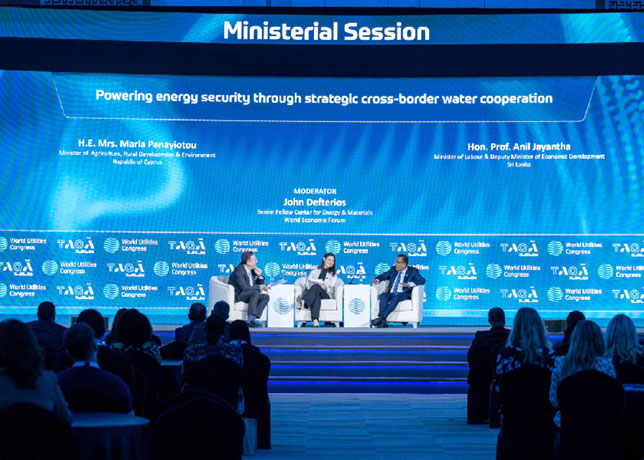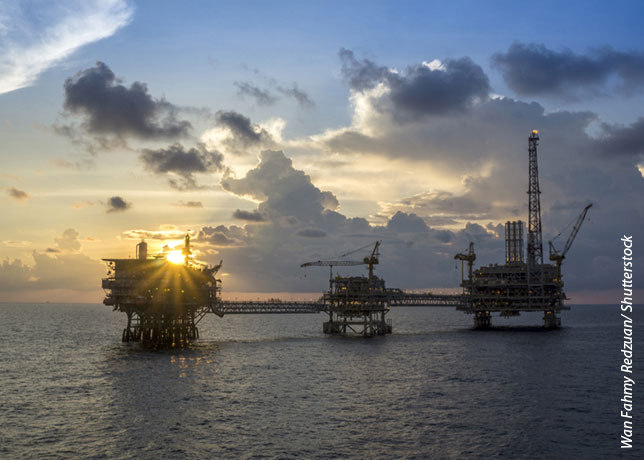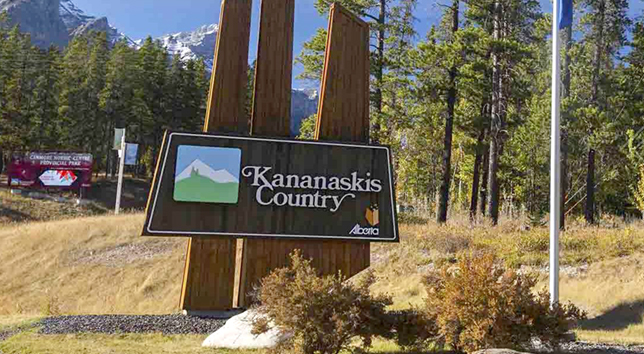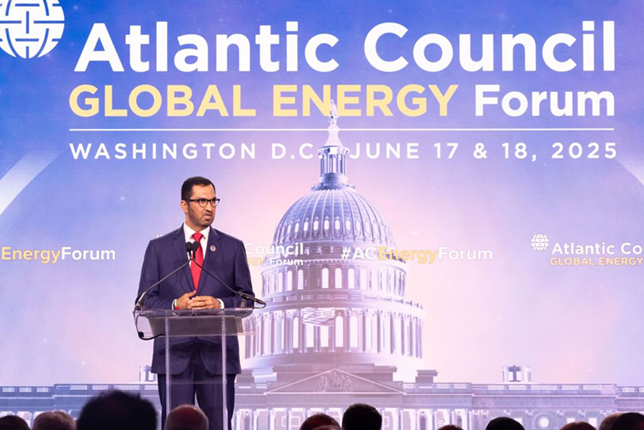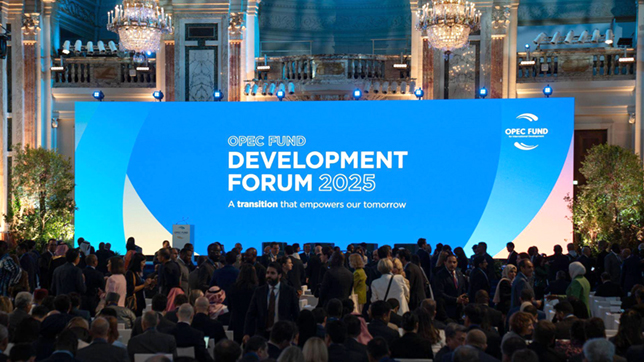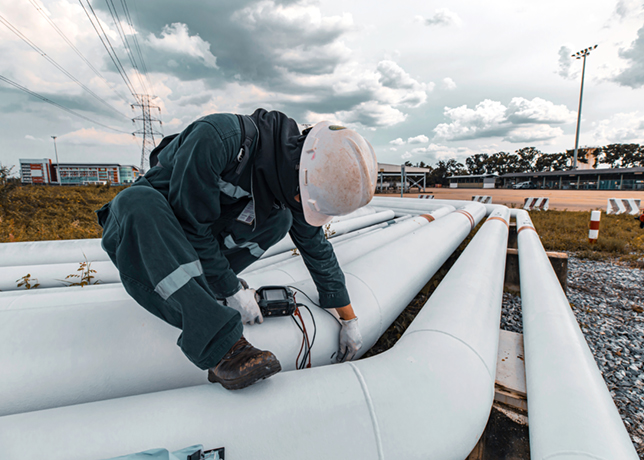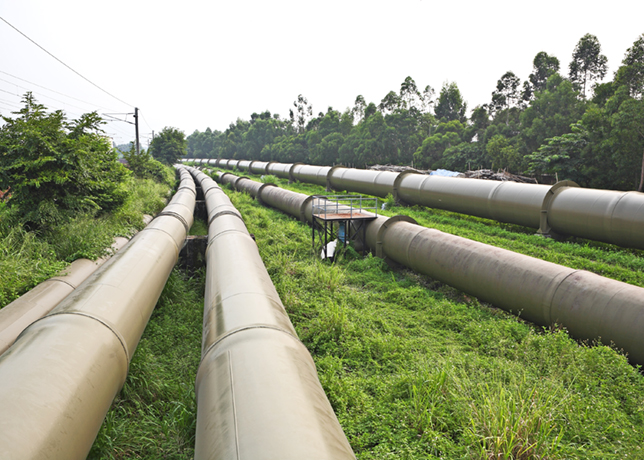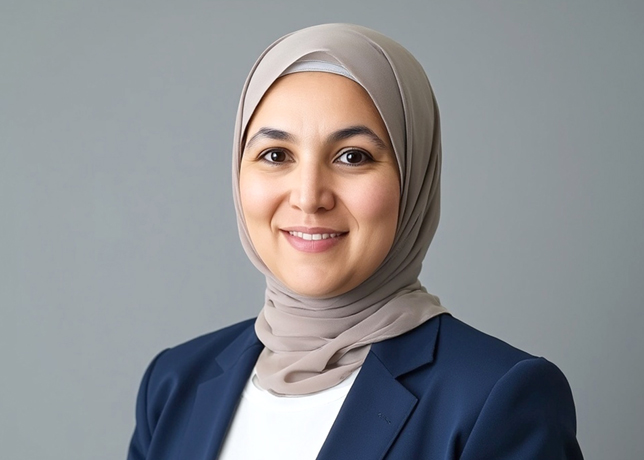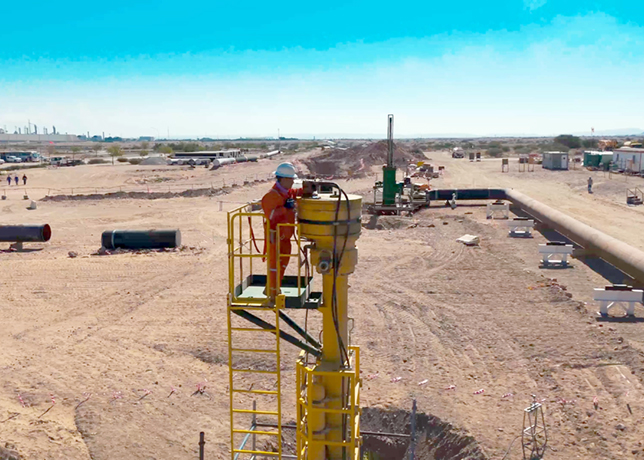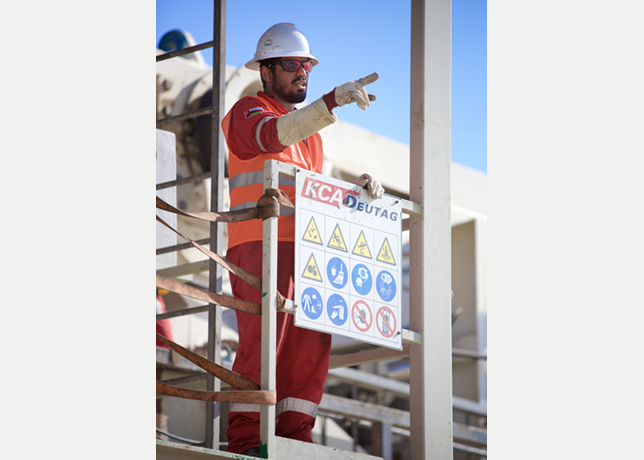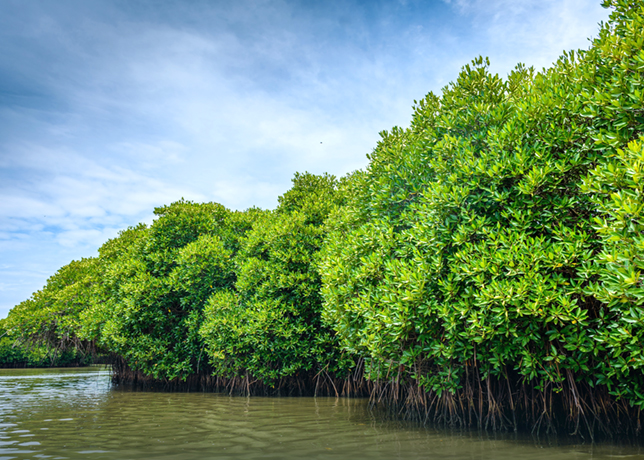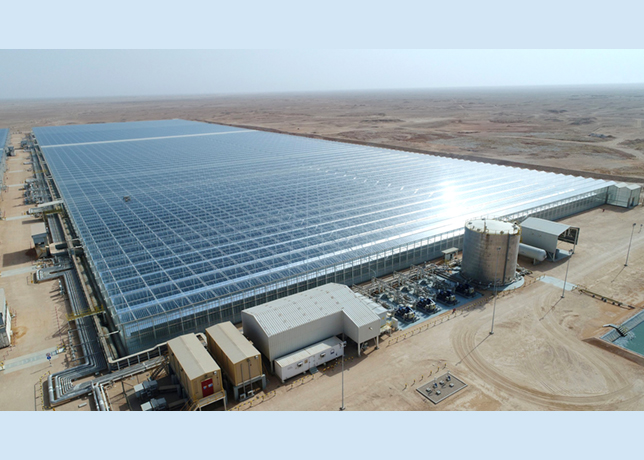

Qatar has launched mega plans to boost its oil and gas capacity and is also seeking energy investment opportunities abroad.
Qatar’s Oil Minister Abdullah Al Attiyah said that the gas-rich country is investing $5 billion to boost oil production to 1.1 million barrels per day by 2009.
“In Qatar, the smallest oil producer in Opec, we are putting a lot of effort and investment into increasing our output,” he said.
Qatar, which boasts the world’s third largest gas reserves, had previously announced in November that it would boost its oil production to one million bpd by 2010.
The Gulf state’s gas sector has seen meteoric growth, with output expected to hit around 25 billion cubic feet per day by 2011, a decade earlier than planned, from a current 11 billion.
Qatar expects its LNG output to climb threefold by the end of the decade as new projects under construction come onstream, Attiyah said.
“Today we are producing 25 million tonnes of LNG. Hopefully by 2010 we will reach 77 million tonnes,” Attiyah said.
“We are already constructing six trains of eight million tonnes each.”
Doha also hopes to expand its energy portfolio by spending some of its petrodollar windfall on projects abroad through a new investment arm, Qatar Petroleum International (QPI).
Qatar is already investing in new refining capacity at home, with one new refinery under construction for completion by 2008, and another under study, which, if approved, would add between 200,000 bpd and 250,000 bpd of refining capacity by 2010.
Qatar has also launched a $2.6 billion project to build Energy City that aims to attract more of the world’s energy players to set up shop in the resource-rich Gulf emirate.
The project, which will include an energy bourse and futures market, was inaugurated by Qatar’s Prime Minister, Sheikh Abdullah bin Khalifa Al Thani.
US software giant Microsoft has signed a memorandum of understanding to develop and install the city’s information and technology network, according to an official statement.
Attiyah said the project is in line with the country’s strategy to become “an energy capital and the world’s foremost supplier of LNG.”
He said the emirate plans to have a fleet of 65 tankers for LNG transport.
Qatar has still not finalised agreements with Total and Royal Dutch/Shell for equity stakes in two LNG trains in the Gulf Arab state, Qatargas said.
CEO Faisal Al Suwaidi said negotiations were in the final stage with Total for the Qatargas 2 project’s second train, which is expected to produce five million tonnes per year (tpy).
“Hopefully, Total will join us soon in the train. It will take anything between 15-20 per cent,” he said.
State-run Qatar Petroleum has a 70 per cent stake in Qatargas 2 while ExxonMobil holds 30 per cent. The project will develop two LNG trains — trains 4 and 5 — to supply 15 million tpy to Britain and North Europe for 25 years.
Suwaidi said talks were still going on with Shell to finalise an agreement for Qatargas 4, a 7.8 million tpy project with one train to supply North America and Europe.
“We are still in the final stages of a development agreement with Shell. This has to happen before the third quarter, otherwise we cannot finance the project,” he said.
“We are (also) in negotiations with a Japanese trading house (to take a stake in Qatargas 4), but they really need to show value,” Suwaidi said without naming the Japanese company.
In February 2005, QP and Shell signed an agreement for the development of Qatargas 4, in which QP would hold a 70 per cent interest. The project, which will own train 7, is expected to cost between $6 and $7 billion with LNG deliveries in 2010.
Meanwhile, South African fuels group Sasol Ltd said it plans to launch the world’s first commercial-scale gas-to-liquids (GTL) plant in Qatar on June 6, producing 34,000 barrels per day of liquid fuels from natural gas.
In another development, Royal Dutch Shell does not expect to bring its Pearl gas-to-liquids project in Qatar onstream during 2009, the latest target date for the $10 billion project, Shell’s gas and power head Linda Cook said.
“We can’t give a start-up estimate because the project is still pre-FID (final investment decision), but given that we are halfway through 2006, it’s unlikely that it will be onstream in 2009,” Cook said.
South Korea and Qatar signed a cooperation agreement, marking another step in the Asian nation’s bid to secure an additional five million tonnes per year of LNG imports.
The memorandum of understanding, announced by Al Attiyah and South Korea’s Vice Minister of Commerce, Industry and Energy Lee Won Gul, will lead to annual meetings between the two countries, the first of which will be this year in Seoul.
Bahrain, meanwhile, will import gas from Qatar as part of a gas pipeline project that runs across Gulf Cooperation Council countries.
A report quoted an official at Qatar’s Ras Laffan Industrial City as saying gas will flow directly from Qatar to Bahrain through the Dolphin Project by 2008.
Schlumberger, one of the world’s leading oilfield services company supplying technology, project management and information solutions, has opened its new fluid sampling analysis laboratory in Doha. Rashid Al Sulaiti, manager for Oilfields Development at Qatar Petroleum, opened the laboratory.
The Dubai-headquartered Dodsal Group announced that it has been awarded a QR3.5 billion ($951 million) contract, including long lead items, by the state-owned Qatar Petroleum for engineering, procurement, installation and commissioning (EPIC) of Common Cooling Seawater System Phase-II at Ras Laffan in Qatar.
The contract, amongst the most sizeable in the region in terms of scale and value, is the highest thus far in Dodsal’s portfolio of EPC works.
The Common Cooling Seawater System to be commissioned by Dodsal at Ras Laffan in Qatar will cater to the needs of LNG trains at Qatargas and RasGas.
Meanwhile, Attiyah said that oil production from the Al Shaheen field will more than double over the next three years, reported the Kuwait News Agency.
Current output of 240,000 bpd would increase to 525,000 bpd.
In order to achieve this, Qatar Petroleum has signed a $5 billion deal with the Danish Moller-Maersk Group, specialists in oil and gas exploration and drilling.










